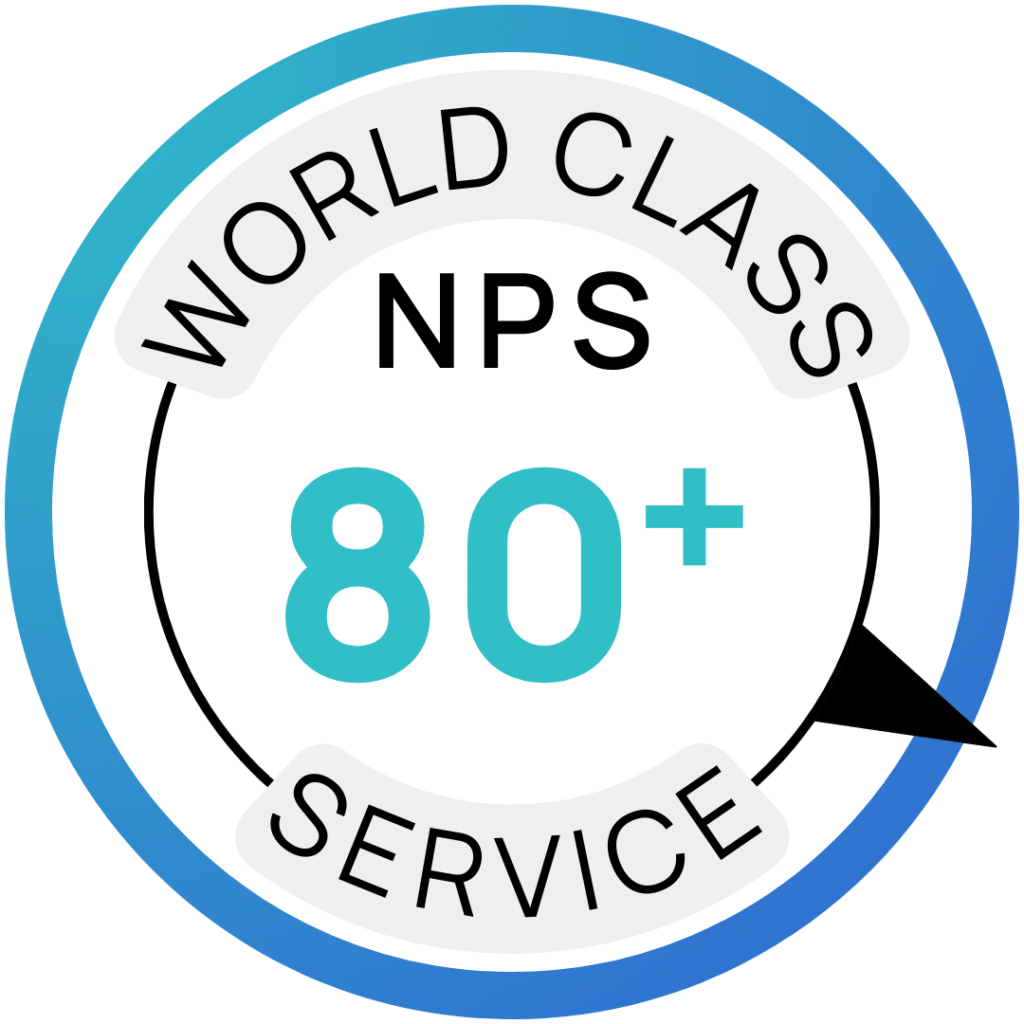Are you a startup founder or executive who’s been put in charge of HR / People Operations? If so, it’s probably your first time overseeing HR and you may not know where to start. Responsibility for HR is often given to the COO or CFO, since the founder is focused on creating a viable product, fundraising and making payroll. Not sure where to start? These are the three HR fundamentals that every growing startups needs to succeed.
HR Compliance
It’s not fun or glamorous, but you do want to make sure you’re compliant. Many leaders talk about this as HR’s role to keep them out of jail. The real goal is to avoid audits and financial penalties that come with being out of compliance. The most basic compliance includes having proper documentation including offer letters, collecting I-9s and proper record keeping such as employee files. Your city or state may have additional ordinances you need to comply with. For example, did you know in Seattle companies must track something called Personal Sick & Safety Time (PSST) even if they have unlimited PTO (paid time off)? As your startup grows to 25+ and 50+ employees, there are additional requirements regarding benefits and time off for protected leaves.
Interviewing and Hiring
In a fast growing startup, it’s common to hire friends and people you know. When hiring people you’ve worked with in the past, your hiring “process” is probably informal. Soon you’ll have to expand outside of your network and look beyond employee referrals. Once you do that, it’s even more important that you have an objective way to interview candidates. You are who you hire, and your first employees will determine both the culture and success of your startup.
- Train all interviewers on behavioral interviewing techniques. Also consider training them on Unconscious Bias as one step toward building a diverse, inclusive team.
- Assign each interviewer one or more skills and competencies to look for. That way, you’ll be sure to cover the most important requirements. Otherwise you risk everyone asking the same questions and not having the information you need to make a decision. This is also not a great candidate experience.
- Don’t forget to talk about values and behavior, often described as the culture add interview. Culture fit risks finding more people just like you, vs. culture add where you look for different backgrounds, skills and views that will enhance your team.
Employee Onboarding
Too many companies hire quickly with little or no thought about how they’re going to welcome people into the organization. Onboarding serves a few purposes – making new team members feel included, creating an inspiring day one experience, and giving them the tools and resources they need to do their job. Research shows that onboarding is strongly linked to retention yet only 12% of employees feel their company is great at onboarding. Employees want to feel connected to the organization, their leaders and peers. If your onboarding consists mainly of asking people to fill out new hire paperwork, sign up for benefits and review the IT policy it’s a missed opportunity to connect personally with every new hire. Other onboarding mistakes include failing to set clear goals or support new hires with a learning plan. Read here about five common onboarding mistakes and how you can fix them today.
If you haven’t led HR before, it may seem overwhelming. Thankfully, there’s lots of information available as well as people who provide HR for startups including training and part time HR support.
If you need help setting up HR, training managers or improving your new hiring onboarding contact us – info@reverbpeople.com.











